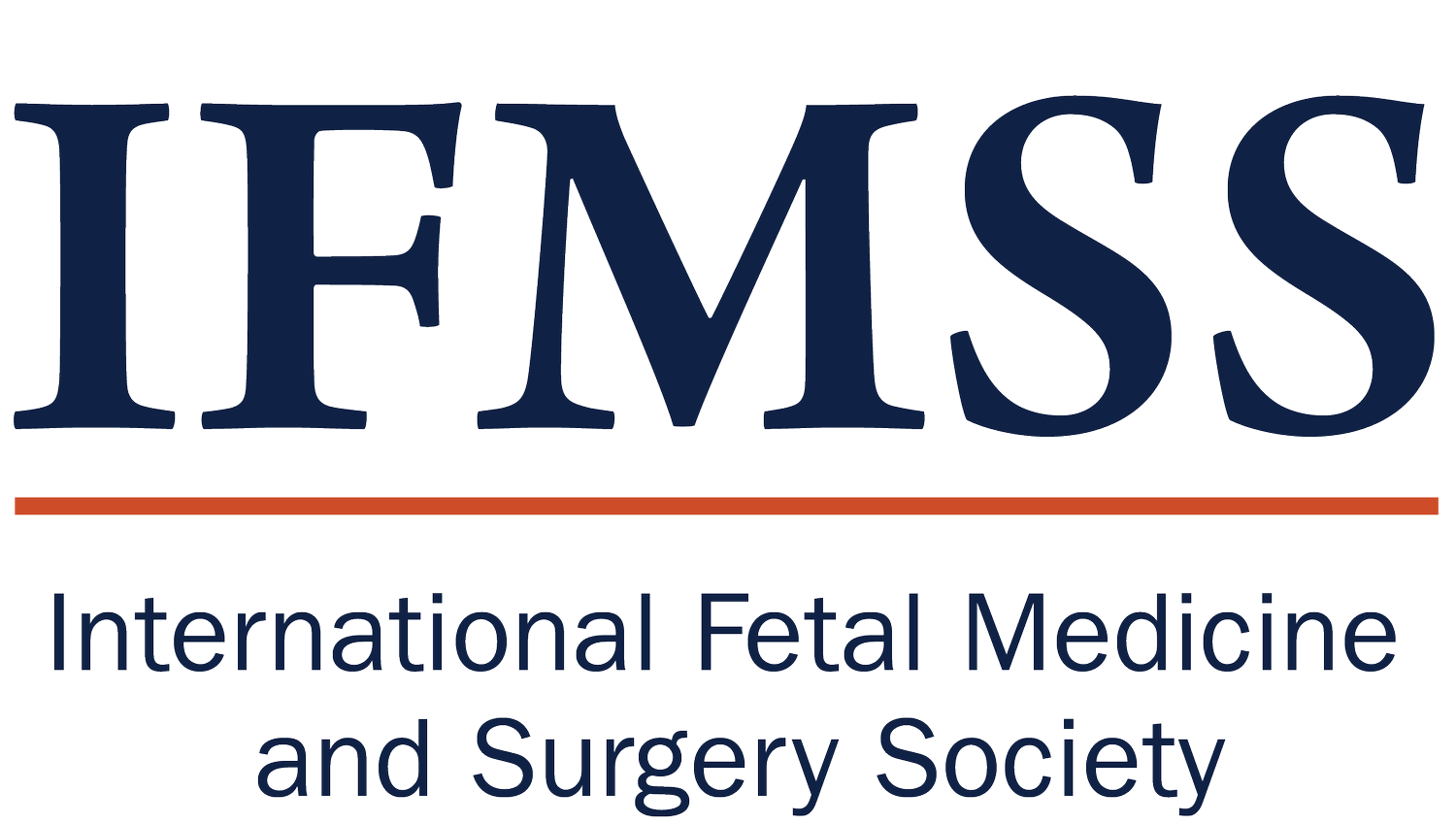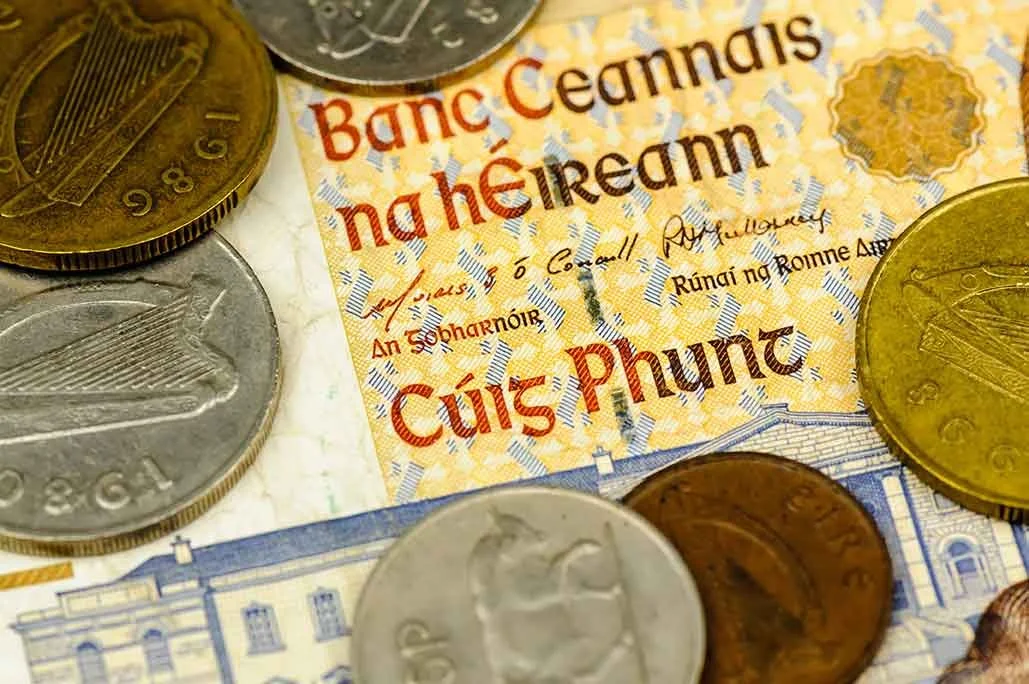“Is fearr an tsláinte ná na táinte”
… “A few words” from Ireland
This Irish proverb translates as ‘better health than wealth’ – no doubt a view readers of this blog will go along with! But it also reminds me of a comment made years ago by a visitor about the Irish attitude to money. Not only had she noticed people shoving notes into their pockets – a sign of embarrassment, in her view – she told how her (global non-governmental) organization had tried to increase the pay of its Irish workers, who had turned the offer down!
That was pre-Celtic Tiger, and attitudes have probably changed, but there is still a certain dislike of closefistedness. Take the concept of ‘rounds’. This is the practice by which drinks are bought in an Irish pub. When part of a crowd, each person is expected to pay for a round of drinks, and any deviance is noted, even if not reproached there and then. This can create difficulties for those who’ve less in their pockets, but as an often unemployed person, I have found that saying straight out, “I can’t afford this” has usually resulted in “Ah sure, you can get it another time”.
This can lead to cultural confusion. I spent one summer in Geneva looking for work and was frankly bemused by the fact that not one of my (working, multi-national) friends there ever treated me to a cup of coffee. Here it’s common among friends to pay for a coffee, for example, but not on a ‘quid pro quo’ basis – it’s rare that anyone who buys you a drink is tallying up what you ‘owe’. If you’re stuck for change – for the bus, or the parking machine – as often as not, a complete stranger will give you the coins, though of course the ubiquitous use of cards means cash is a disappearing entity. But I was amused, and heartened, on one occasion, when a cleric collector for a charity, to whom I apologized for having no cash, whipped out a card machine !
Giving to charities has been a long tradition in Ireland, which until recently, was always in the top ten of charitable countries: in the 2022 Charities Aid Foundation report it ranks eleventh, a fall which may be in part explained by a number of scandals related to the running of some organizations. But in May 2023, the Irish Charities Regulator found that 9 out of 10 adults had donated to charity in 2022, suggesting that giving to others is still a common practice.
A Living Tradition
photo courtesy of instagram@myles.o.reilly
What do Bono, Sinéad O’Connor, Hozier and Glen Hansard have in common? Yes, they are all singers (duh), but they have also taken part in what has become a tradition in Dublin: busking on Grafton Street on Christmas Eve. Musician Glen Hansard started this in 2010 in aid of the Dublin Simon Community, a charity focused on homelessness. Over the years, other musical stars joined in, but then Covid put paid to the event. However, in 2021, Bono and Hansard along with other musicians organized a virtual event in St Patrick’s Cathedral, and the Busk continues to be an integral part of the Christmas celebrations.
Ireland Through the Lens
Homelessness is a theme that informs a number of Irish-based films, Parked (2011), Rosie (2019) and Herself (2021). Rosie is written by Roddy Doyle (see Quark) and in one of those so frequent instances of Ireland being a small place where everyone is connected, I have just discovered that the linked review of Herself was written by the daughter of a friend…
Quark
Roddy Doyle, who wrote the screenplay for Rosie (see Ireland through the lens) and is well known for films such as The Commitments, has written many novels covering a range of genres, such as Paddy Clarke Ha Ha Ha (1993; available in Chinese – simplified; Croatian; Estonian; French; Latvian; Portuguese Brazilian; Serbian; Slovenian), winner of the 1993 Booker Prize; The Woman who Walked into Doors (1996; available in Catalan and Icelandic); and A Star called Henry (1999; available in Catalan; Danish; Lithuanian).
The Booker Prize, an annual award for the best work of fiction written in English and published in the UK or Ireland, has, in over 50 years, seen 37 Irish nominees and 5 Irish winners. This year (2023) four Irish writers made the long list, out of 13 in total, a Booker Prize record, with Paul Lynch’s Prophet Song becoming the winner.



